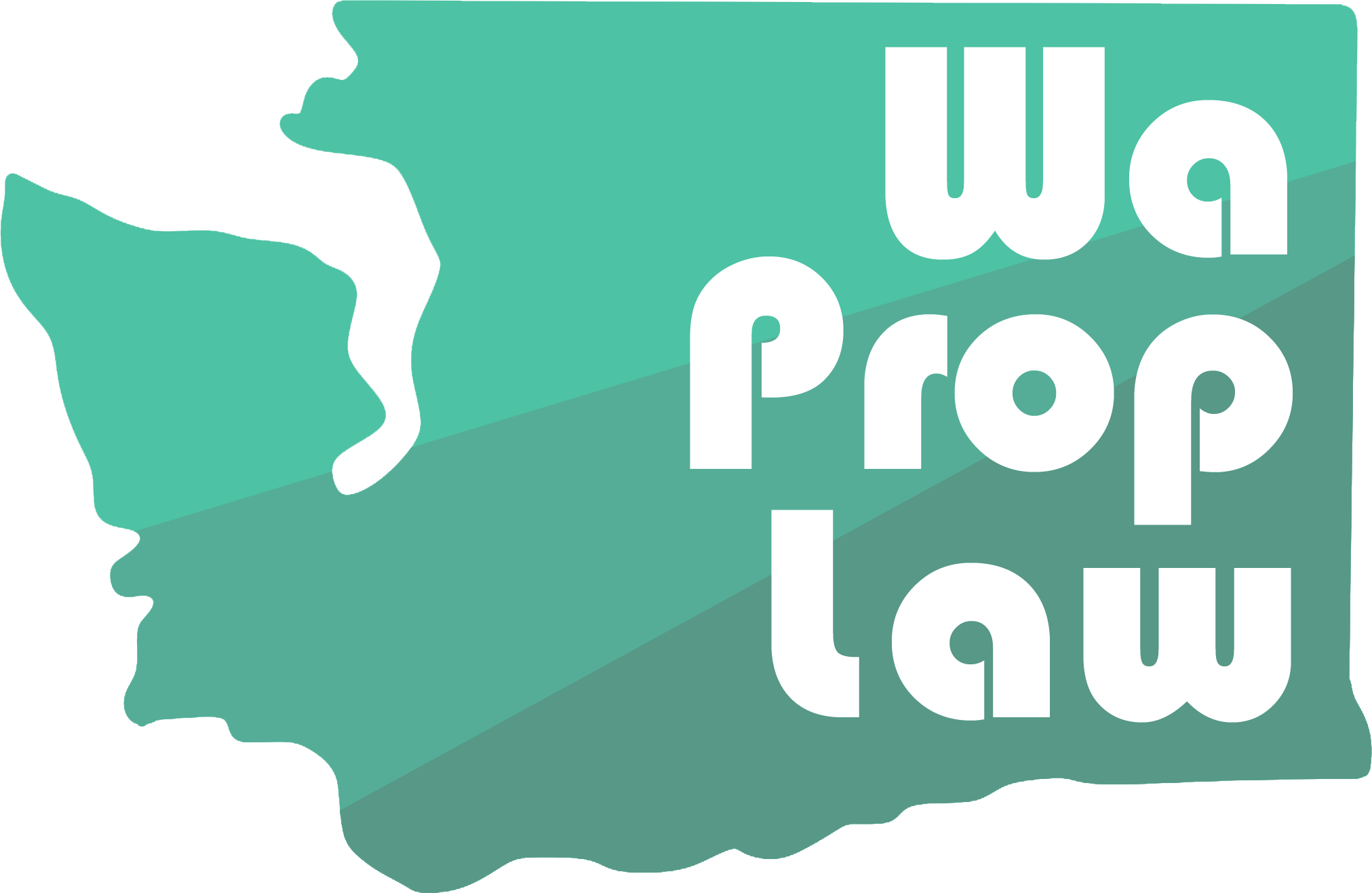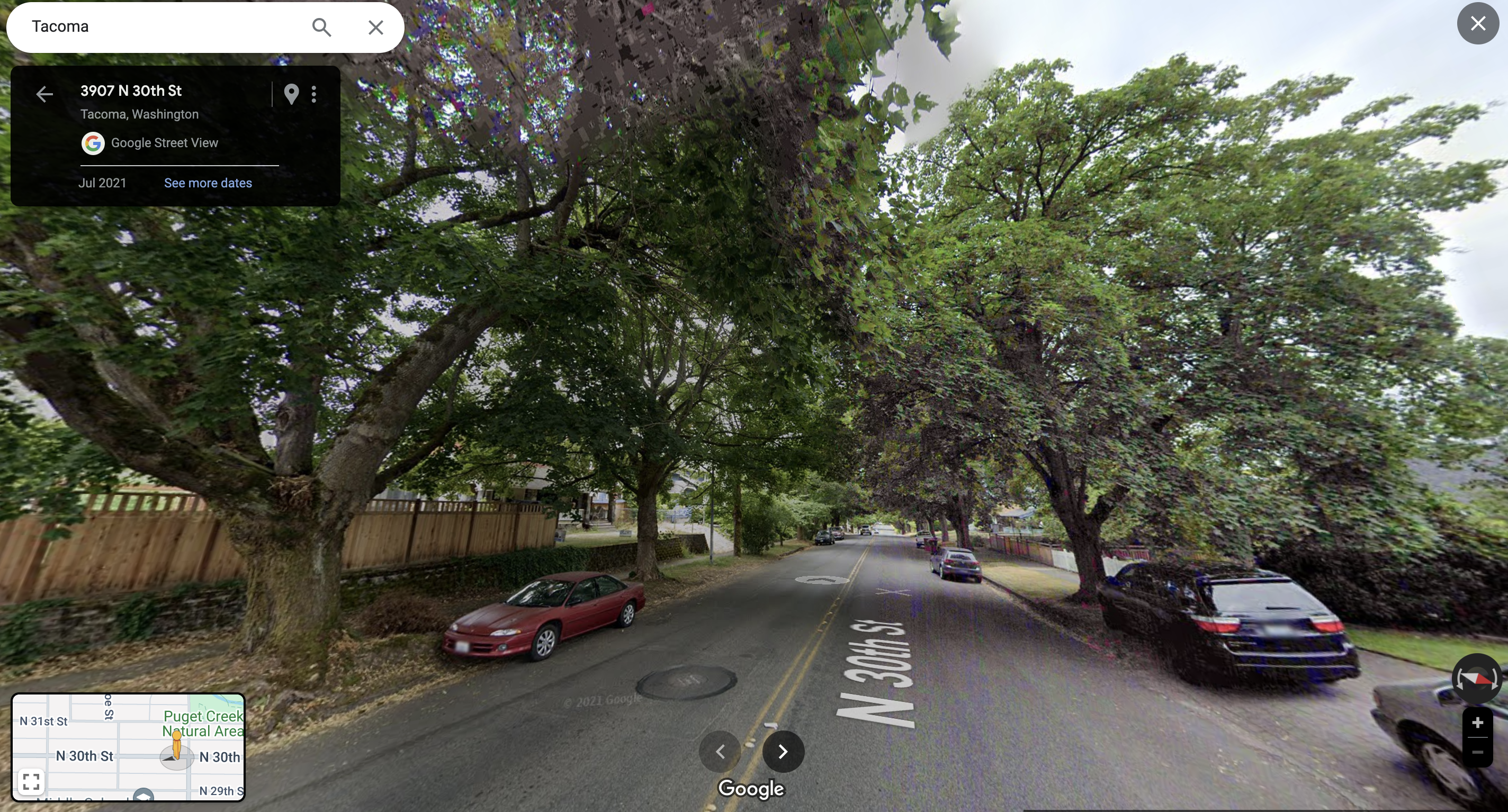It’s no secret that Washington evictions can be long and expensive. It’s not just attorneys’ fees and court costs; often, the tenant doesn’t pay rent while the eviction is pending so the landlord is out several months of rent as well. If it’s an older unit, the landlord may need to rehab it before rerenting, and there’s always the possibility of tenant damage. Due to all these costs, it’s in a landlord’s best interest to try to avoid evictions when possible.
We’ve put together a few handy tips that will help all landlords run their business more efficiently. To navigate this article efficiently, check out the table of contents to the right >>>
Be a good landlord
We don’t mean to preach, but it can be very helpful to cultivate mutual respect with your tenant. Remember that your tenants are essentially your customer. You’re selling them housing, and they’re paying you a lot of money—up to 50% of their income. Like any customer, your tenants deserve a certain level of service and respect.
If you’re raising a tenant’s rent, they probably deserve an explanation. If a tenant breaks a rule by mistake, they probably deserve some grace. “Firm but fair” is what you should be aiming for.
We’ve also noticed that staying on top of maintenance and tenant concerns can help rent increases and other tough conversations go smoothly. When tenants can see you taking care of their needs and spending money on the property, it is easier to explain why a rent increase is justified.
Obviously, being a good landlord won’t eliminate all potential issues. However, if you’re fair with your tenants, they’ll probably be fair to you in return.
One important note: We are not proposing that you should become friends with your tenants. Mutual respect and fair treatment is one thing; having a beer with your tenant or loaning them money is quite another. If you blur the line between a professional relationship and a personal relationship, you are opening yourself up to legal problems. Keep in mind that the communications you have with your tenant could end up as evidence in court.
Set your tenants up on direct deposit
If you’re still collecting rent via mailed check and your tenant is struggling to pay on time each month, part of the issue could be that your payment process is antiquated and overly difficult. If your tenant is a millennial or gen Z, their rent check might be the only check they write each month and the only envelope they mail out each month. Running out of checks, or stamps, or envelopes, can all delay a rent payment and cause you headaches.
Setting up a way to automatically transfer a tenant’s rent payment can really help smooth out the process. Larger property managers generally use expensive management software like Yardi Breeze or AppFolio, which both include a direct payment portal for tenants. However, you don’t need an expensive software to set up direct payments. Apartments.com has a free and useful direct payment setup. We’ve been using it for our self-managed properties for years and it has always worked flawlessly.
Convert your unit to a short-term rental
Converting a unit from a long-term to short-term rental isn’t right for every landlord, or for every property. However, if you have a nice unit in a good location, you might consider furnishing it and renting it an Airbnb, Vrbo, Booking.com, or FurnishedFinder.
We’ve been renting properties on Airbnb and Vrbo for years with good success. You can read more about converting your property to a vacation rental to a short-term rental at ChillOutRE.com.
Use legally compliant notice forms
As we discuss in other articles, each eviction starts with an eviction notice. Some of these notices have a 90 or even 120-day timeline. If you serve the wrong notice, you’ll have to restart the waiting period again. To avoid wasting time, it’s very important to serve the correct notice form, especially for longer notices.
Unfortunately, there are a lot of outdated notice forms on the internet. Don’t use them! If you want to download legally compliant notices, you can check out our eviction notice library, or become a member of the Rental Housing Association of Washington (RHAWA) and use their forms.
It’s also critical to serve the correct notice for your situation in the correct manner. We have an article on selecting the correct notice for your situation and serving it, as well as an article on the Washington eviction process more broadly.
Use a good lease form
The lease is a binding contract, so you need to pay attention to the terms you’re agreeing to. The most important elements in a lease are:
- That the lease does not diminish your rights under Washington law; and
- That the lease sets out all the rules for the premises (e.g., parking restrictions, yard maintenance, quiet hours, etc.); and
- That the lease doesn’t have unusual or illegal clauses that will confuse a judge; and
- That the lease is for the correct amount of time.
Your lease doesn’t have to be unique, so most diligent landlords shouldn’t need an attorney or real estate broker to prepare a lease for them. We recommend one of the following lease forms:
- Our favorite form is the Rental Housing Association of Washington (RHAWA) form because it’s updated regularly to keep it in compliance with Washington’s fast-evolving laws.
- The Northwest Multiple Listings Services (NWMLS) form is also fine. Ordinarily, these forms are reserved for use by licensed realtors, but non-members can order a copy of these forms by contacting the NWMLS.
Both these leases cost a bit of money to obtain, but the cost of a good lease is worth it. Either of these options is much cheaper than having a realtor or attorney draft a lease on your behalf.
You might need a more customized lease if your situation is unusual. For example, if the premises is a live-work unit, or a private room rather than an entire habitable space, or if part of the tenant’s rent is being paid in labor, or if the premises is within an homeowner’s association. If you need a more customized lease, let us know and we can help you out.
Don’t rely on an oral lease
Oral leases are legal in Washington, but by failing to write things down, you’re enabling the tenant to lie about the terms of the lease and confuse the judge. The tenant may claim that they’re a house guest or that they have some ownership right to the premises. These cases often devolve into a ‘he said, she said’ factual dispute, thereby confusing the judge and prolonging an eviction by weeks or months.
Don’t rely on a random lease form you found online
Why not use a random lease form from the internet? The answer should be obvious; if you don’t use a known good lease form, you might be agreeing to crazy terms. In one case, a client was using a LawDepot.com lease that seemed to have been intentionally designed to troll any landlord inexperienced enough to use it. Among other things, the lease contained a mandatory mediation and arbitration requirement, which would have cost the landlord upwards of $4,000 and an extra six months in the eviction. In other cases, we have seen landlords use lease forms that automatically renew for an additional year (instead of month-to-month) which delayed their ability to raise rents.
Refer your tenant for rental assistance
If your tenant is delinquent on their rent and having financial difficulties, there may be a government program that can help. The rental assistance programs are constantly changing, especially in the aftermath of Covid-19. They also vary by municipality. Washington State has a rental assistance hotline (phone number: 211) that can help advise your tenants of locally available programs. Additionally, you and our tenant may want to consider reaching out to the relevant contact person on this list published by the Washington State Department of Commerce.
Consider Cash for keys
Cash for keys is where you pay your tenant to move out instead of paying an attorney to take your case through the eviction process.
If you’ve got an especially difficult tenant, sometimes the idea of paying them to leave is a little difficult to stomach. However, renting real estate is a business, so you should think about this from a cost-benefit perspective. If you can get a tenant to leave sooner and for less money than it would cost to evict them, you might want to offer cash for keys.
We think it’s generally better to have these conversations in person, but obviously that depends on the situation. Regardless of whether you have the conversation verbally or in writing, be careful not to make any promises or say anything else that might hurt you in court if you end up needing to evict the tenant.



